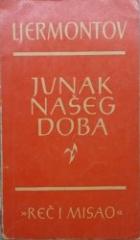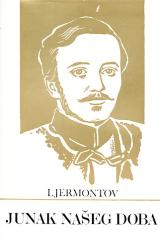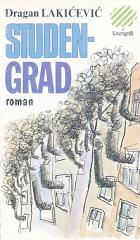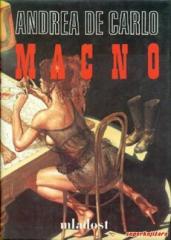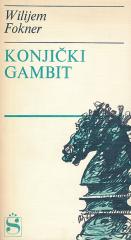
Junak našeg doba
The hero of our time is a novel by the Russian writer Mihail J. Ljermontov, published in 1840. It is considered one of the first psychological novels in Russian literature and an important work of Russian romanticism with elements of realism.
The main character, Pechorin, is a complex and contradictory anti-hero - cynical, intelligent, but also emotionally cold. Through a series of narrative fragments, Ljermontov explores his character and motives. The action is set in the Caucasus, where Pechorin goes through a series of adventures, including duels, love intrigues and existential crises.
The novel is divided into five stories, in which Pechorin is presented from different perspectives: through the narration of his friend, simple captain Maksim Maksimič, about a long-ago event (Bela); from the author's point of view, who tells about a chance meeting with Pechorina (Maksim Maksimič). This is followed by a novel in which the main character narrates in the first person (Tamanj), followed by his diary in which he reveals the secrets of his soul (Kneginjica Meri) and a synthesis of the novel - Pechorin's meditation on fate (Fatalist).
Lermontov criticizes the noble elite, portraying Pechorin as a symbol of a generation of lost idealists who are cynical and incapable of true happiness. The work is significant for its innovative structure, introspective approach and analysis of the human psyche, and Pechorin, the forerunner of the "superfluous man", remains one of the most famous characters in Russian literature.
Multiple copies are available
